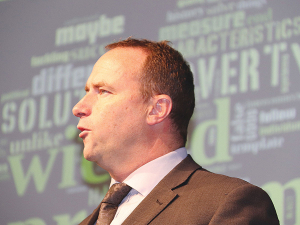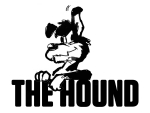There is a mish-mash of information available on climate change, some of which originates from people who are not qualified to speak on the subject, says Ministry of Primary Industries’ chief science advisor, John Roche.
Roche says the argument over whether New Zealand has too many cows is a regional issue, not a national issue, which it has been emotively treated as.
This confusion, he says, makes it hard for farmers to get to grips with the issue. Social media he says has both advantages and disadvantages in terms of the climate change debate.
He says NZ has a unique greenhouse gas (GHG) footprint because our economy is primarily agriculturally based, with approximately 50% of our GHG’s emissions coming from agriculture.
“In most of the developed countries agriculture would be closer to 10% of their emissions. Their major GHG’s tend to be from industry or transport, for which there are solutions - be it alternative sources of power or electric vehicles etc. With our agricultural emissions, especially methane from enteric rumen fermentation, we are dealing with 60 million years of evolution,” he says.
Roche says this is a difficult problem because scientists have the near impossible task of trying to fight nature. He says despite all the good work that NZ is doing, it still tends to give itself a bad rap.
“I call it self-flagellation or whipping ourselves. We hold ourselves to the highest possible standard and because we live in a lovely peaceful country free from political and social turmoil. But, we often don’t celebrate our successes and tend to be very critical of ourselves. We are not as bad as we think we are and I think we need to celebrate that and continue to good work to improve further” he says.











